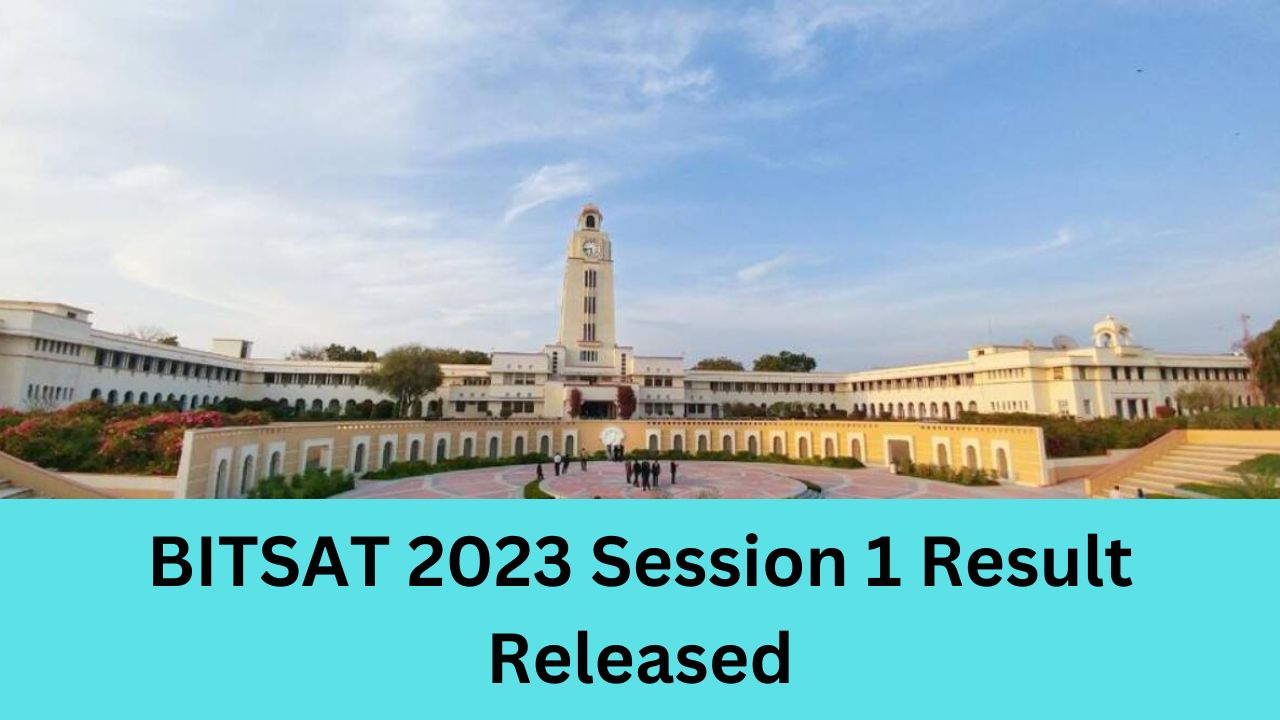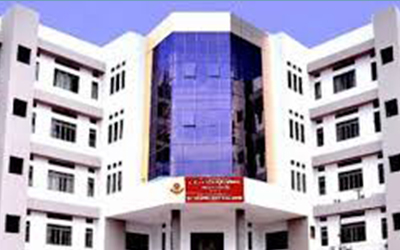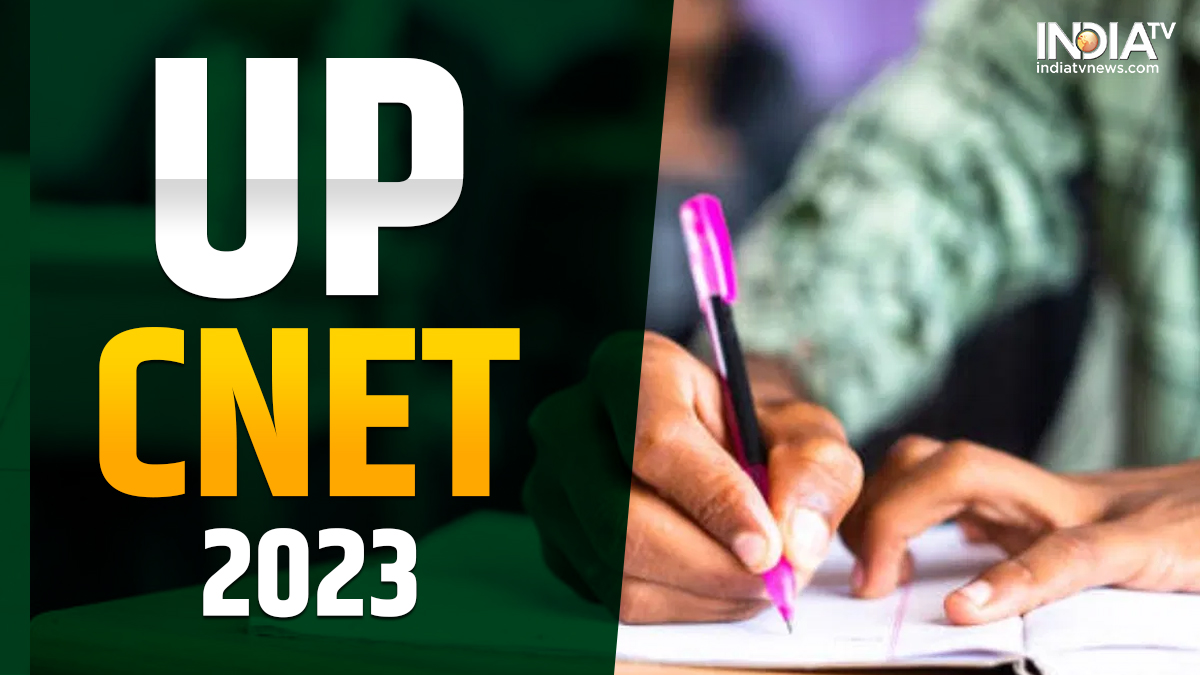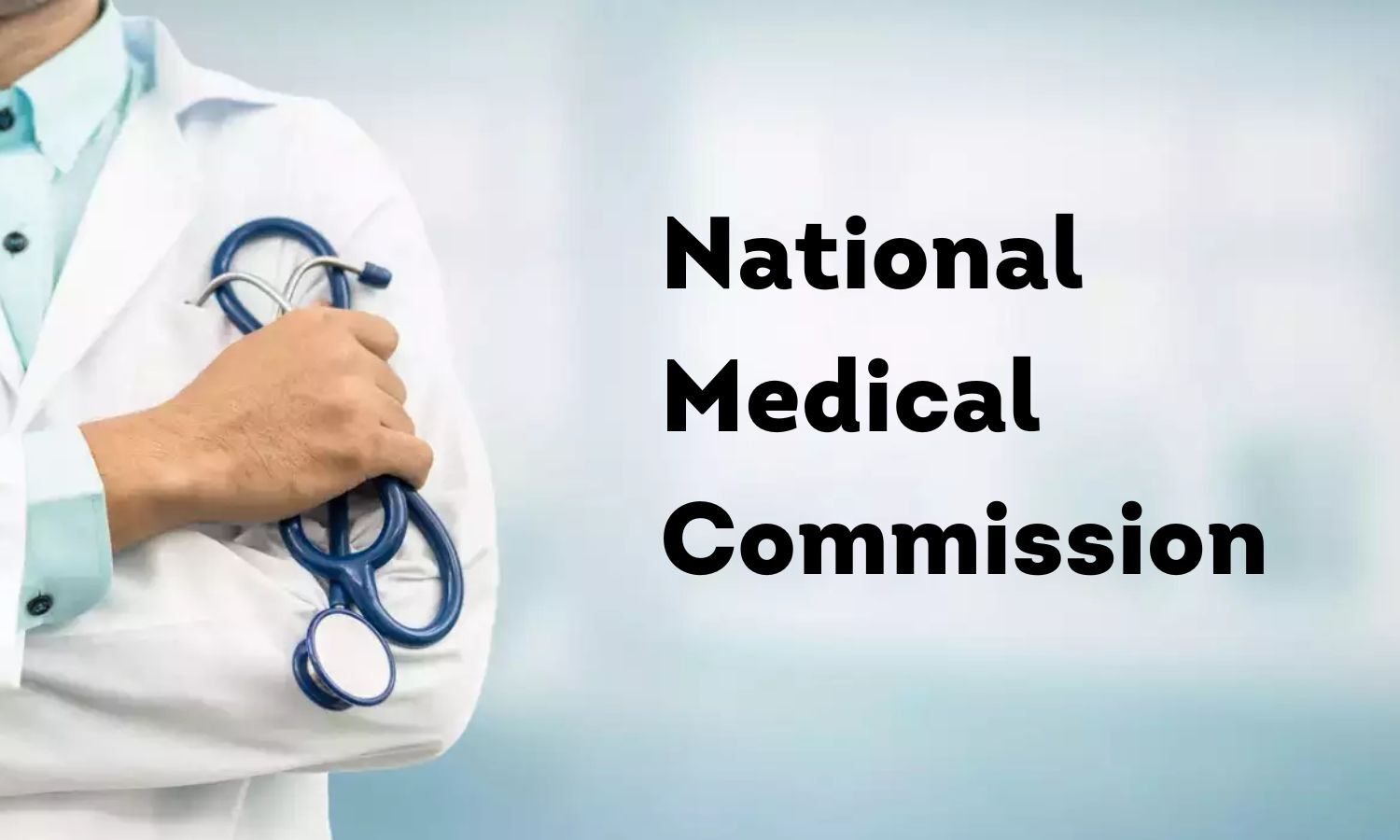On May 26, 2023, the West Bengal Joint Entrance Examination Board (WBJEEB) officially announced the WBJEE Result 2023. Candidates who took the West Bengal Joint Entrance Examination 2023 can now check and obtain their results at wbjeeb.nic.in, the official website. This year, a total of 1,24,919 candidates sat the WBJEE 2023 exam, with 91,974 males, 52,944 females, and 1 transgender candidate. The exam was given in 306 different locations. While the WBJEE counselling rounds for 2023 will follow the same format as previous year, the particular dates for the counselling procedure will be disclosed later.
The West Bengal Joint Entrance Examination Board (WBJEEB) will give candidates with a counselling booklet to aid in their admission to Engineering/Technology/Architecture/Pharmacy Degree Courses in West Bengal Universities/Colleges.
How to Download WBJEE 2023 Result ?
Step 1: Visit the official website at wbjeeb.nic.in
Step 2: Click on the link provided for WBJEE 2023 results
Step 3: A new window will open, prompting you to enter your Application Number and Date of Birth or Password
Step 4: After entering the required details, click on the submit button
Step 5: Your West Bengal JEE Result 2023 will be displayed on the screen
Step 6: Download and save the result for future reference
Important WBJEE 2023 Result Information
The West Bengal Joint Entrance Examination, 2023 (WBJEE2023) results were officially announced on May 26, 2023 by the West Bengal Joint Entrance Examination Board (WBJEEB). These outcomes are critical for individuals seeking admission to various Engineering/Technology/Architecture/Pharmacy Degree Courses in West Bengal Universities/Colleges. The rank cards can be downloaded from the Board’s official websites, www.wbjeeb.nic.in and www.wbjeeb.in. To obtain their results, candidates must have their Application Number, Date of Birth, or Password available.
WBJEE 2023: Overview
The West Bengal Joint Entrance Examination 2023 attracted a large number of participants, with a total of 1,24,919 people taking the exam. There were 91,974 male applicants, 52,944 female candidates, and 1 transgender candidate among them. The exam was administered at 306 test centres, demonstrating the WBJEE’s broad reach and significance.
WBJEE2023 Guidance
WBJEE 2023 counselling will follow a similar manner to the previous year. The West Bengal Joint Entrance Examination Board (WBJEEB) will, however, disclose the particular dates for the counselling sessions in due time. Candidates must stay up to speed on official announcements to avoid missing any essential deadlines or instructions surrounding the counselling procedure.
The WBJEEB will provide candidates a counselling booklet with complete information on the counselling system, seat assignment process, and crucial guidelines to follow. Candidates must completely read the booklet and become acquainted with the instructions. The counselling booklet will be a detailed guide that will assist candidates in navigating the many stages of the counselling procedure easily.
Document Validation
Document verification will be needed of candidates during the counselling process. This is an important stage since it guarantees the legitimacy of the candidates’ credentials and aids in the allocation of seats based on merit and eligibility. For verification purposes, candidates must bring original papers as well as photocopies. The complete list of essential documents will be included in the counselling brochure and official notifications.
Filling and Locking Options
Following the document verification process, candidates will be able to exercise their preferences for desired courses and colleges. They would be required to fill out their options online via the official counselling portal. Candidates should carefully weigh their selections and prioritize their preferences based on their rank and eligibility conditions. Once the options are filled, candidates must lock their selections within the time frame specified. Failure to lock the options may result in the cancellation of the entered preferences.
Seat Reservation
The seat allotment process will be carried out based on the candidates’ rank, selections made, and seat availability. The WBJEEB will conduct many rounds of seat allotment, based on the number of unfilled seats and the candidates’ preferences. Candidates will be advised of the results of the seat allotment process via the official website. Candidates must log in to their account after getting their seat assignment and download the provisional allotment letter.
Attending the Allotted College
Once a seat is assigned, candidates must report to the assigned college within the time range stated in the counselling schedule. It is critical to bring all appropriate documentation, including the temporary allotment letter, to the college for verification. To be admitted, candidates must also pay the relevant entrance fees and fulfill the necessary paperwork.
Upgrade and Withdrawal
Candidates will have the option to upgrade their given seat to a higher choice if available during subsequent rounds of counselling. Candidates who seek to investigate better possibilities based on their interests and eligibility are given this opportunity. Candidates who are dissatisfied with their assigned seat may also rescind their admission. However, it is critical to remember the withdrawal dates listed in the counselling schedule in order to prevent penalties or fee cancellation.
The Second Round of Reporting
Candidates who were assigned a seat in the first round but wish to participate in the second round of counselling for better seat alternatives must report to the college assigned to them and select the “Float” option during document verification. This allows them to keep their current seat while also becoming eligible for the upcoming rounds. To make an informed selection, it is critical to understand the rules and regulations governing the float option.
Counselling on the Spot
If there are any openings left after the usual counselling rounds, the WBJEEB may conduct spot counselling to fill those seats. Spot counselling is an additional round of counselling for candidates who were not assigned a seat in the previous rounds or who did not engage in the prior counselling procedure.
Candidates who match the eligibility criteria can register and fill their preferences for the available vacant seats during spot counselling. Through official notifications and the counselling webpage, the WBJEEB will notify the particular dates and procedures for spot counselling. To participate in the spot counselling round, candidates must keep informed and follow the directions issued by the board.
Counselling on the Spot
In the event that Spot counselling candidates may have fewer alternatives than candidates in earlier rounds because available seats are often dependent on vacancies left after the normal counselling process is completed. Candidates are therefore recommended to thoroughly analyse their options and make judgements based on the available options.
After the spot counselling process is completed, seat allotment will take place based on the candidates’ choices and merit. Candidates who are assigned a seat during spot counselling must adhere to the same reporting and admission processes as described in previous rounds. They must report to the designated college within the time frame indicated, complete the document verification process, and pay the needed fees in order to secure admission.
It should be noted that the availability of spot counselling and the specific procedures may vary from year to year, depending on the number of openings and the WBJEEB’s decisions. As a result, candidates should check the official announcements and the WBJEEB website on a frequent basis for the most recent updates on spot counselling.































